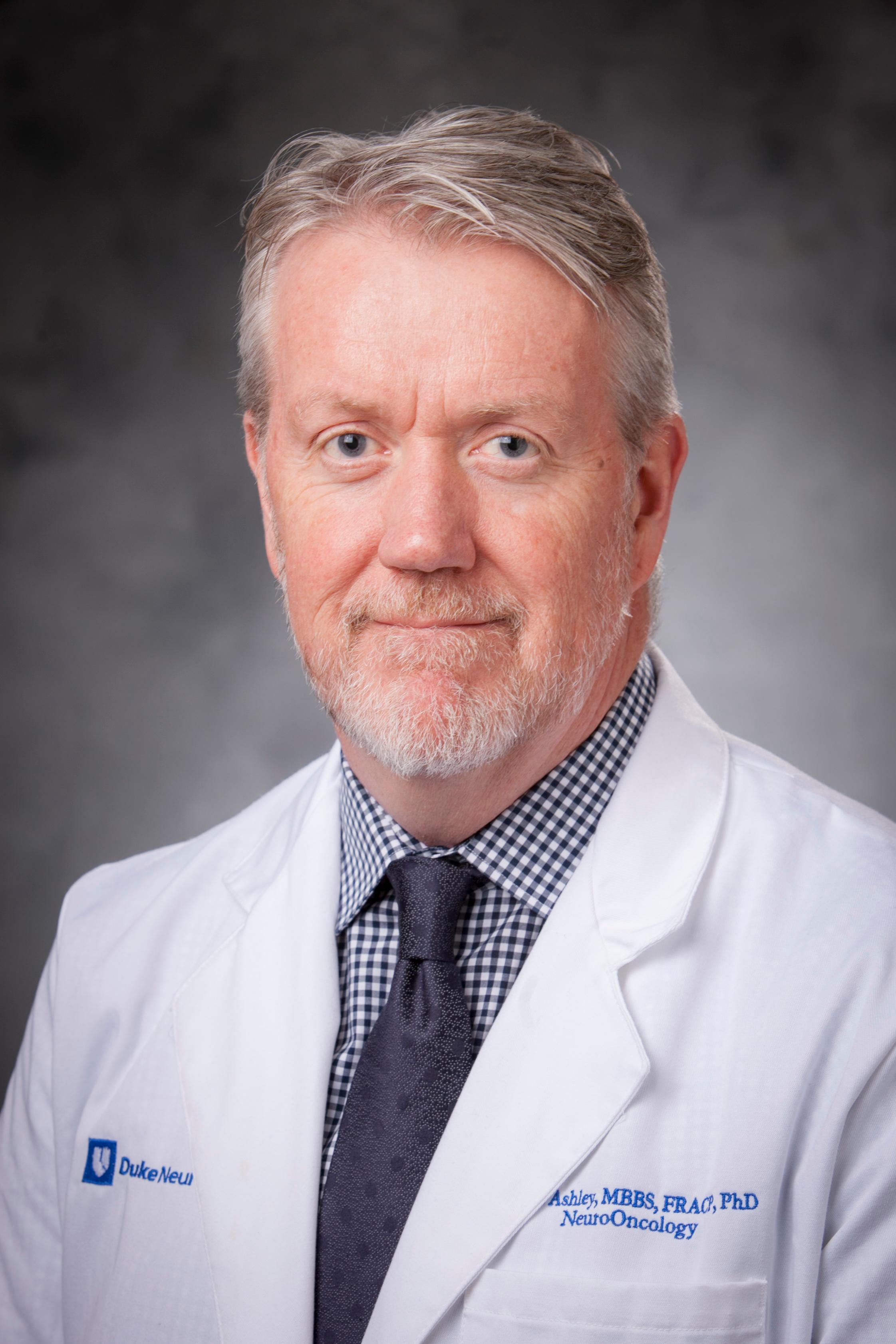David
Michael
Ashley

Rory David Deutsch Distinguished Professor of Neuro-Oncology
Director of The Preston Robert Tisch Brain Tumor Center
Professor of Neurosurgery
Professor of Medicine
Professor in Pathology
Professor in Pediatrics
Member of the Duke Cancer Institute
Rory David Deutsch Distinguished Professor of Neuro-Oncology
203 Research Dr MSRB1, Box 2600, Durham, NC 27710
Mailing address
DUMC 2600, Durham, NC 27710